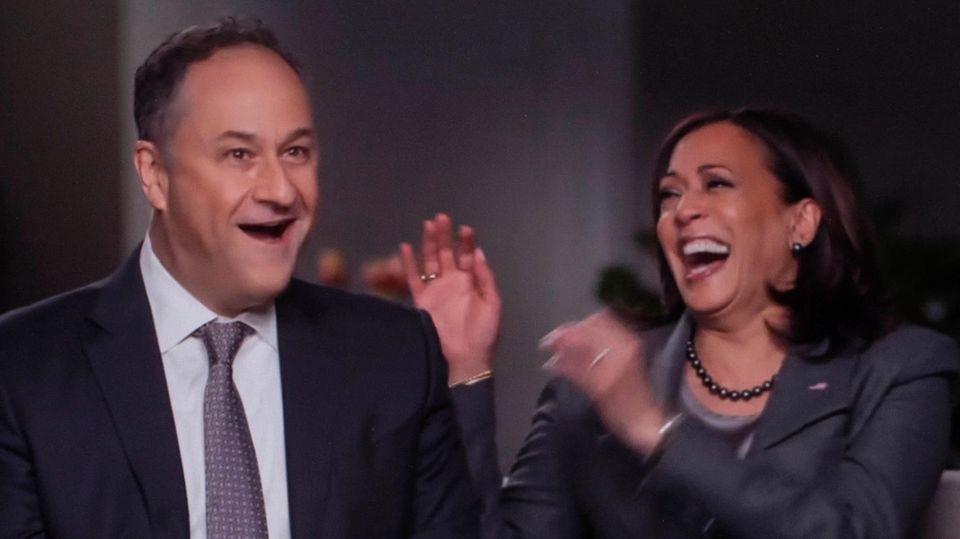Simple good sense, as well as overdue decency.
On Oct. 26, 2001, Congress passed the U.S. PATRIOT Act. As a member of the U.S. Senate at the time, I cast the lone vote against it.
Twenty years of hindsight confirm that expanded government surveillance comes at a steep price for civil rights, our democratic legitimacy and marginalized populations. Congress has a unique opportunity to begin the deconstruction of the surveillance state. It should seize it.
The PATRIOT Act accelerated the nation’s move toward a surveillance state like adding fuel to fire. It was passed by Congress within weeks of the 9/11 attacks without adequate time to fully comprehend its sweeping ramifications.
The act authorized widespread wiretapping and expanded the scope of search warrants and subpoenas. Suddenly, the government had ample access to our private communication and information.
As I feared, the power granted by the PATRIOT Act has not been used exclusively, or even primarily, for counterterrorism. Instead, the act’s provisions have been employed in the so-called war on drugs and against political activists. And, as history foreshadowed, communities of color have been disproportionately targeted by government surveillance.
The PATRIOT Act also represented a seismic shift in our democracy’s checks and balances, to the benefit of the executive branch. I have written before about how Congress ceded its national security responsibilities after 9/11. Just as alarming is how the PATRIOT Act hamstrung our judicial branch.
For example, Section 215 of the PATRIOT Act expanded the government’s ability to access personal records held by third parties, including doctors, librarians and internet service providers. And while a judge must certify that the government has met the statute’s broad criteria, the government does not have to show any evidence to back up its claim. Instead, the judiciary must trust the government at its word.
[...] The Supreme Court’s conservative majority [...] underscores the need for Congress to act. The House and Senate’s inability to reach agreement last year on key portions of the USA Freedom Act presents an opportunity to rein in the surveillance state — an opportunity that could be pursued in tandem with Supreme Court reform.
Twenty years after the passage of the PATRIOT Act, Congress cannot begin the necessary process of dismantling the surveillance state fast enough.
That quote is from the start to near the end. The item is tightly written and well argued.
And really, what good has it, The Patriot Act, been; besides being costly in "protecting" the homeland from its homlanders? Privacy did not die but was only suspended. Correction only requires the will of Congress. Awake them. Educate them. They may act.
________UPDATE_______
What if they are running a NWO replacement scam, rather than indolently asleep? Were it so, Gotta surveil those you are replacing? They could get restless. That's just good sense?
Means
follow intent? Same as it ever was? A kind of people always at war with
one another, war scale escalating, that being their history while now
there are nukes? Globalize is the prize?
What if they're just entirely mean and bought, and slovenly happy with a status quo avarice running and ruining our over-stressed earth?
Everything is a market? War a market? Peace the same? Study market forces? Beware of the blob?
What if Davocracy is happening, covid being an experiment? A predicate event for a reset? Testing the waters for a reset, or a replacement, great or otherwise?
What blowback possibility would you not, if them, want survieled?
What if MTG is correct in what she says she believes? But does she really believe it? How do you know Trump didn't win? A media "Trust me" as cause to believe?
One thing is certain:
 |
| Clyburn can't grant you cred. |
But isn't cred in the eye of the beholder? Cred, crud, a vowel of a difference? Or is that last question too cute, too coy?
